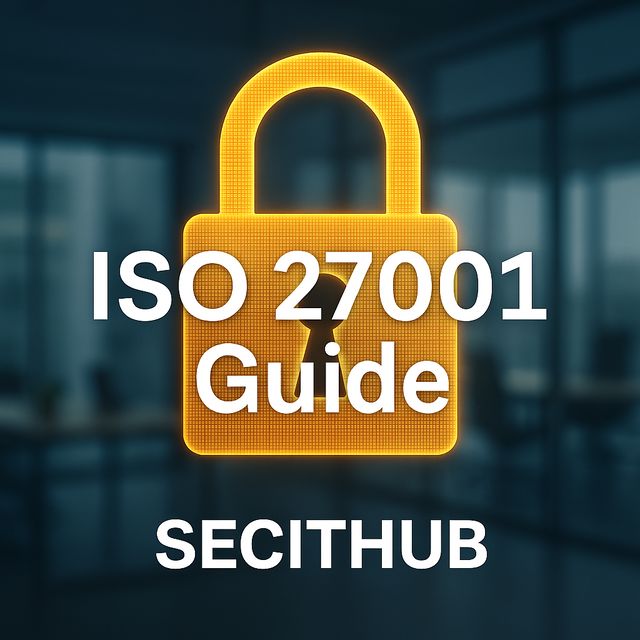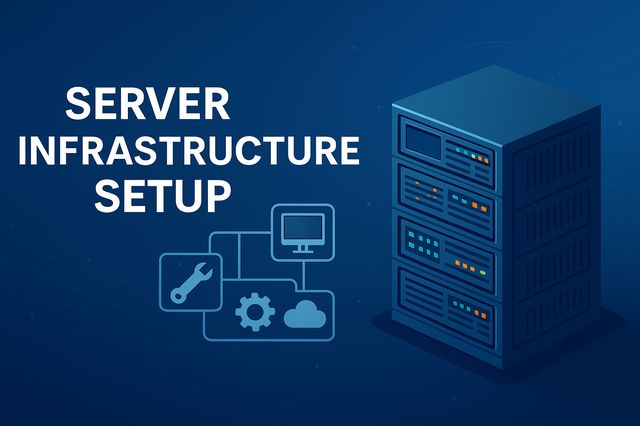Security Information and Event Management (SIEM) systems collect and analyze security-related data from across an organization’s IT infrastructure, providing real-time monitoring, threat detection, and incident response capabilities. By aggregating logs and events from various sources, SIEM offers a centralized view of an organization’s security posture.
Challenges
- Delayed Threat Detection: SIEM enables timely identification of security incidents, allowing for prompt response and mitigation.
- Data Silos: By consolidating security data from disparate systems, SIEM eliminates information silos and enhances visibility.
Benefits
- Centralized Monitoring: Organizations can monitor their entire network from a single platform, simplifying security management.
- Improved Incident Response: SIEM systems facilitate quicker investigation and resolution of security incidents through automated alerts and detailed analytics.
- Regulatory Compliance: SIEM assists in meeting compliance requirements by maintaining comprehensive logs and generating necessary reports.
SIEM solutions are essential for organizations seeking to enhance their security operations, offering comprehensive monitoring and rapid incident response through centralized data analysis.


